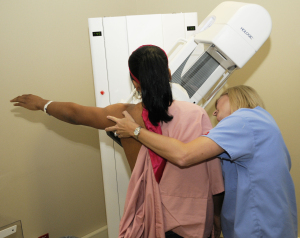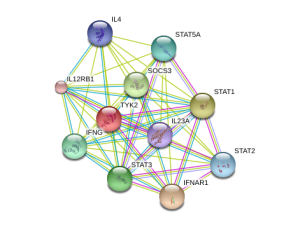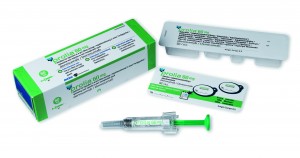 Some of the most aggressive forms of breast cancer are more vulnerable to chemotherapy when it is combined with a new class of anti-cancer agent, researchers from the Walter and Eliza Hall Institute have shown.
Some of the most aggressive forms of breast cancer are more vulnerable to chemotherapy when it is combined with a new class of anti-cancer agent, researchers from the Walter and Eliza Hall Institute have shown.
ABT-737 is one of a new class of anti-cancer agents called BH3 mimetics that target and neutralise the so-called Bcl-2 proteins in cancer cells. Bcl-2 proteins act to ‘protect’ the cells after they have been damaged by chemotherapy drugs, and prevent the cancer cells from dying.
Professors Geoff Lindeman and Jane Visvader, who led the research with colleagues Dr Samantha Oakes and Dr François Vaillant from the institute’s Stem Cells and Cancer division, said that the BH3 mimetics showed promise for treating breast cancers, including ‘triple negative’ cancers. Their research is published in the Proceedings of the National Academy of Sciences.
Triple negative breast cancers are so-called because they test negative for oestrogen, progesterone and HER2 receptors, and cannot be treated with hormone therapy or trastuzumab. They account for up to 20 per cent of all breast cancers and are typically aggressive with a poor prognosis.
Dr Lindeman said that early results suggest navitoclax (an orally-available BH3 mimetic) could provide new hope for treating some breast cancers that are not candidates for other currently available treatments.
 Experimental breast cancer drugs from Pfizer and Eli Lilly slowed or halted growth of advanced tumors in studies, potentially adding a new treatment option for patients and top-selling therapies for the companies.
Experimental breast cancer drugs from Pfizer and Eli Lilly slowed or halted growth of advanced tumors in studies, potentially adding a new treatment option for patients and top-selling therapies for the companies.






